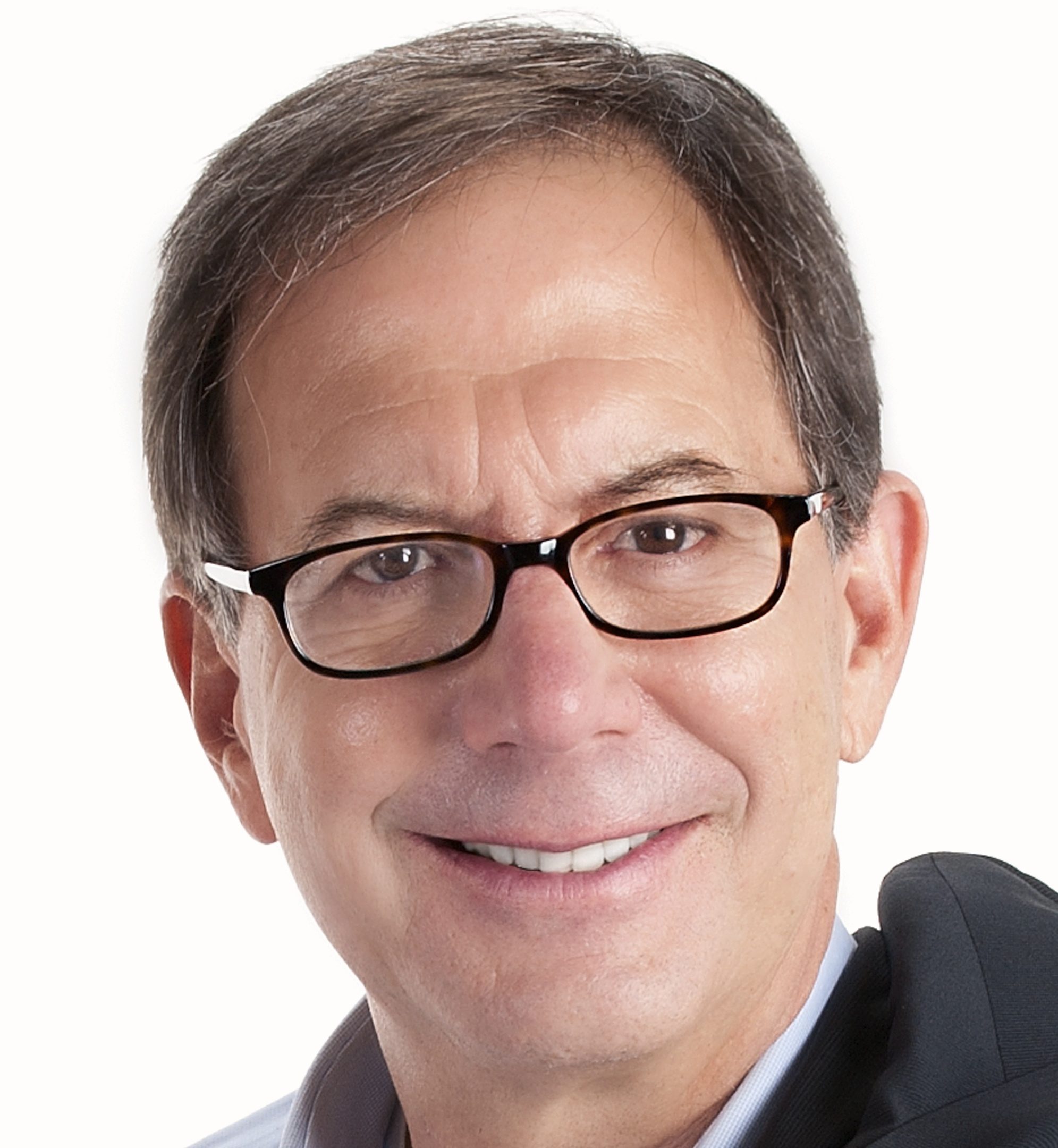As the divorce announcement of Bill and Melinda Gates was made, many people have weighed in regarding the causes and that has crossed over into the observation that divorces in couples over the age of 50 are on the rise.
I am here to be yet another such person to weigh in.*
Much of what we have read is how people are living longer, with both partners working they are able to each possibly afford to try something new and a next chapter, with the empty nest upon many of these couples they’re discovering few other shared interests to keep them interested in each other and more.
Years ago, I remember something Dustin “The Graduate” (to a Baby Boomer generation) Hoffman when he reached age 50 that at 40 you know you’ll probably make it to 80, but at 50, you don’t think you’re going to make it to 100. I think he meant then that you become more aware of the passage of time and if you’re not particularly happy in your personal – or professional – life, if you don’t make a change at 50, you’re probably not going to make one.
I believe all of the above are relevant and pertinent and may in fact be sufficient to explain the rise in divorces in this age group.
However in addition, I’d also like to share something for your consideration.
It comes from perhaps the greatest insight I have ever learned about human nature that was taught to me by Morrie Schechtman, executive coach, transformational teacher and psychotherapist that might also be at play.
Morrie told me that psychologically, the greatest source of conflict non-resolution between people is the huge effort that people will make to avoid feeling the depth of disappointment they have in their jobs, their spouses, their children, their parents and themselves.
He said that the reason people try to avoid that is that intuitively they believe that if they realized how disappointed they were in a job, they’d need to leave… but they needed to stay at the job; in a spouse, they’d need to get a divorce… but they didn’t (yet) want to get a divorce; in a child, they start disliking that child… but they didn’t want to be a parent who disliked their child; in a parent… but they didn’t want to sever that relationship; in themselves… but they didn’t want to feel that if that were true, they didn’t deserve to live.
These observations were not what made his insight so amazing. Morrie went on to tell me that the two principal ways people avoid letting themselves admit and feel their disappointment was to either shut down emotionally (and then have that fester and build up) or become angry.
I asked Morrie, “But aren’t those ways of expressing and showing disappointment?”
He replied, “No they are ways of avoiding experiencing it for fear of the above consequences of severing a relationship they were afraid to lose.”
He then had me go through an exercise regarding my dad who had died years before who I was disappointed in, but would never overtly admit it to myself and instead always made excuses or explanations for such as, “Oh, but he did the best he could” or “he was under a lot of stress” or even, “I guess I might have felt disappointed,” etc.
Morrie kept pressing me until I said the words, “I was disappointed in my dad,” whereupon he stopped me from saying anything else to dilute that and just had me sit with it.
As I sat with the feeling of disappointment, it didn’t sever my internal relationship with my dad as I was afraid it might. Instead, I just felt deeply sad – not angry – that we hadn’t been closer. Sad for him and sad for me. Furthermore, I went on to apologize to my deceased dad for holding onto my grudge internally and for my part in keeping the distance between us.
After I was able to admit, accept and express that disappointment, instead of shutting down about it or making some critical comment about him, I felt an enormous sense of relief, calmness, peace and even love for him and started to miss him.
Is it possible that Bill and Melinda and the increasing number of couples in their fifties who are now going through divorce have been driven to it by their not being able to own up to, feel and express their deep feelings of disappointment (if not expressing it to each other, at least to themselves)?
Furthermore, is it possible that if instead of doing that and having it dissipate (as it had with the exercise I did with my dad), they either increasingly shut down emotionally and/or became angry until either or both could no longer tolerate the psychological pain?
I guess we’ll probably never know, but if you’re a couple in your fifties and you have grown apart and are approaching a point of no return, you might want to try drilling down into the depth of your disappointment and feel it purely as disappointment instead of shutting down emotionally or letting it out as angry outburst or sullenness.
What have you got to lose?
* BTW I have been a couples therapist for 40+ years, author of, The 6 Secrets of a Lasting Relationship: How to Fall in Love Again… and Stay There and the inventor of Recoupling Therapy that I used to help divorced couples get back together and remarry an ex-spouse and live happily ever after. Interestingly, with that therapy a critical turning point was when both ex-spouses could own up to and feel the deep disappointment they felt in themselves for how they contributed to the divorce instead of the anger and rancor they had felt towards each other during it. I was even on Oprah on a show about Recoupling and who challenged me with some questions at the end.

